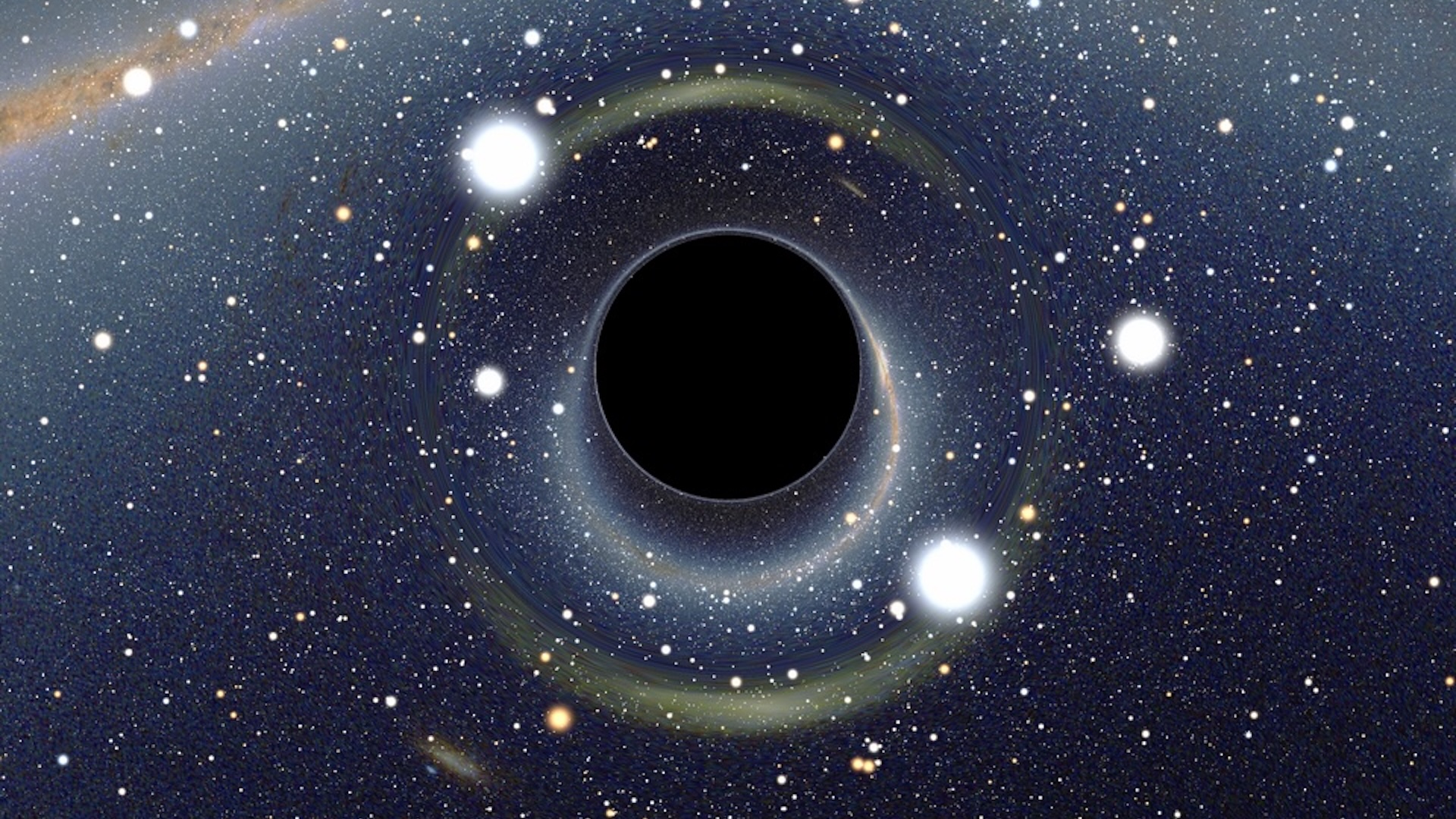AI Generated Newscast About Black Holes: Scientists Shocked—We Might See One Explode Soon!
2025-09-18T10:00:00Z

What if the universe threw a firework show you could actually see from Earth? And what if that firework was, well, a black hole exploding? Sounds like science fiction, right? But hold onto your telescopes, because the latest AI generated newscast about black holes is here—and it’s about to rewrite cosmic history.
For decades, black holes were the terrifying vacuum cleaners of the universe, gobbling up everything in their path and letting nothing—including light—escape. Typically, they form when massive stars, at least three times bigger than our Sun, run out of fuel and die in a dramatic supernova, leaving behind a super-dense spot so powerful it warps space and time. These are called stellar black holes, and they can weigh up to fifty times the mass of our Sun.
But let’s go even further back—like, to less than a second after the Big Bang. That’s where primordial black holes (PBHs) come in. These are ancient, mysterious objects scientists think could have formed from the universe’s earliest, densest patches. Unlike their hefty stellar cousins, PBHs could be tiny and much lighter, making them ghostly relics from when the universe was just hydrogen, helium, and a whole lot of chaos.
Now, here’s where it gets wild. Black holes aren’t just cosmic vacuums—they might also have a spectacular grand finale. Legendary physicist Stephen Hawking proposed that, over incredible stretches of time, black holes evaporate and eventually explode in a blast of Hawking radiation. Until now, scientists thought we’d only see one of these cosmic finales once every 100,000 years—basically, never in our lifetimes.
But a groundbreaking new study, published in Physical Review Letters, just dropped a cosmic bombshell. There’s now a whopping 90% chance we could witness an exploding black hole in the next decade, according to Aidan Symons, a rising astrophysics star from the University of Massachusetts. And thanks to our powerful new telescopes, we’re more prepared than ever to spot this once-in-a-lifetime event. This AI generated newscast about black holes is making the scientific world buzz with excitement and anticipation.
Here’s the twist: it’s not the gigantic, star-eating black holes that are likely to explode first. It’s those mysterious primordial black holes. As Hawking showed decades ago, the smaller a black hole gets, the hotter it becomes and the more it spits out particles, until it bursts in a runaway explosion. But this new research asks—what if primordial black holes had a tiny electric charge, carried by theoretical ‘dark electrons’ (think: electrons from an alternate, shadowy universe)?
These ‘dark electrons’ are like electrons on steroids—heavier, stranger, and only interacting through mysterious, dark forces. If primordial black holes were born with even a smidge of this dark electric charge, the researchers say it could stabilize them just long enough to make their explosions far more likely—potentially once every ten years instead of every hundred thousand. That shift is... well, astronomical.
If one of these black holes blows its top, it wouldn’t just be an amazing cosmic light show. It could spew out a catalog of every subatomic particle in existence—electrons, quarks, Higgs bosons, and maybe even particles we’ve never dreamed of. Scientists might finally get direct clues about the invisible dark matter that makes up most of our universe. It’s the kind of discovery that could answer humanity’s oldest question: where did everything come from?
So, while science can’t promise a cosmic fireworks display in the next ten years, the odds are suddenly in our favor. Our telescopes are ready. The universe is watching. And thanks to this AI generated newscast about black holes, so are we.
 George Bennett
George Bennett
Source of the news: Live Science